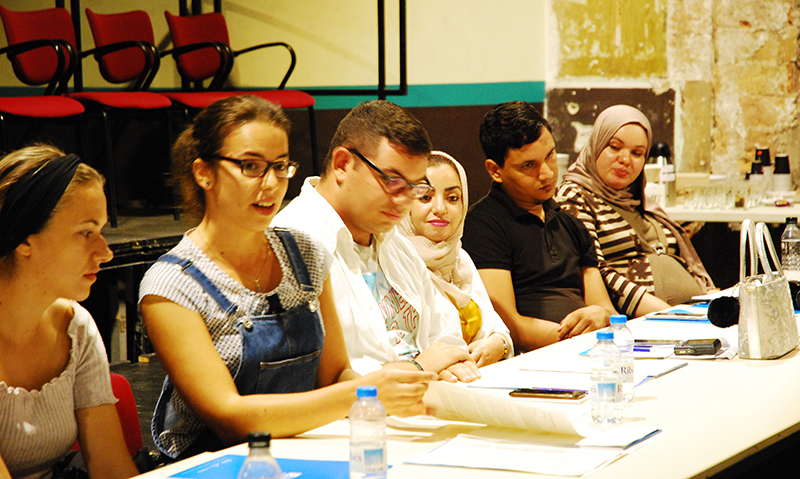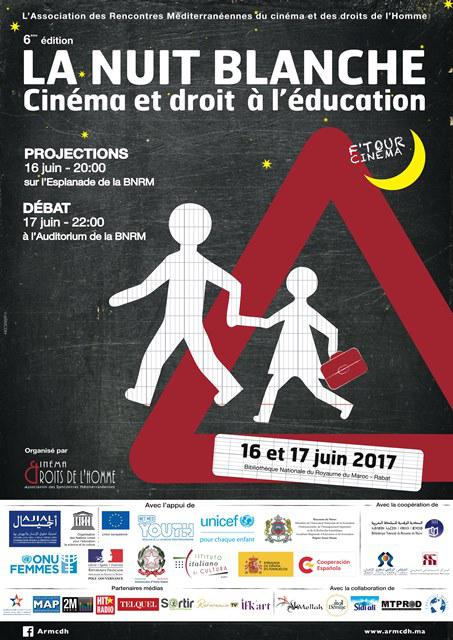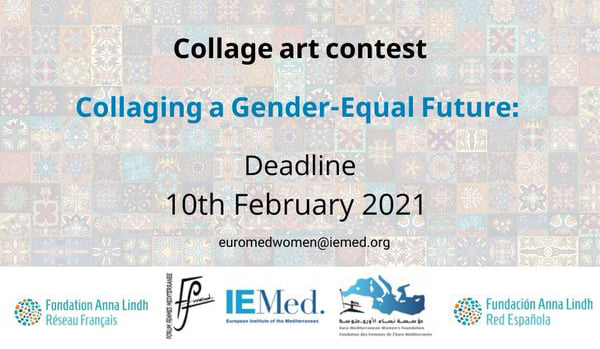Morocco: two pilot projects to demonstrate better resource efficiency standards and valorization solutions for fish processing industry

On 2 February, during the 6th edition of the Halieutis fair in Agadir, the United Nations Industrial Development Organization (UNIDO) launched two pilot projects that, until 2023, aim to promote resource-efficient production standards and undertake industry demonstrations for improving valorization of fish co-products.
The two pilot projects are part of the Blue Economy component of the EU-funded SwitchMed programme. Under this component, business models, policies and strategies are demonstrated to showcase ways for a sustainable transformation of associated maritime economic activities, such as fisheries and aquaculture, and to reduce their negative impact on marine and coastal ecosystems.
Results from the first phase of the SwitchMed programme (2014-2018) indicated that fish processing industries in the region are operating below international benchmarks, with raw material losses accounting for 50-60% and significant saving potential in energy and water consumption.To tackle this challenge, one of the pilot projects will demonstrate the cost-saving potential of resource efficiency measures in the fish freezing, fish canning and fish meal/fish oil industry.
The pilot will include an in-plant audit of CIBEL’s production lines, a major Moroccan fish processing company, to identify priority flows (material, water, energy) that can reveal the sources of inefficiencies and propose a set of options to improve efficiency performance.In addition, UNIDO and local partners will also undertake a training and awareness-raising programme with professionals from Morocco’s fish processing value chain to introduce eco-innovative technologies and processes that can further the application of resource-efficient production standards.
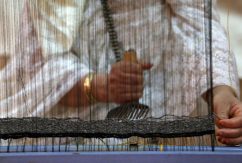
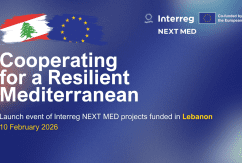
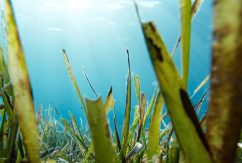
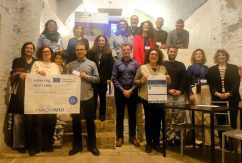

























 Syria
Syria 